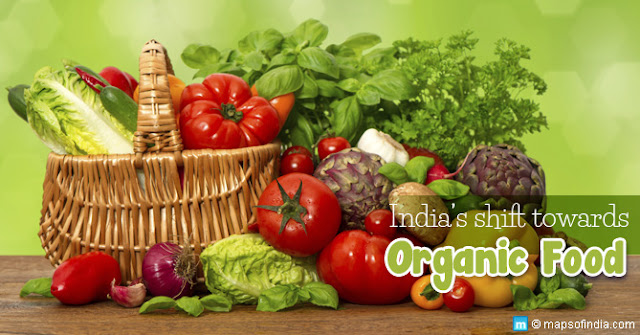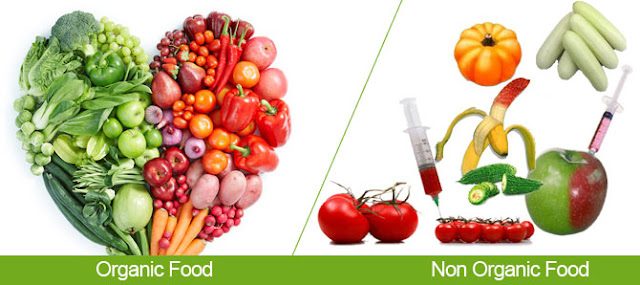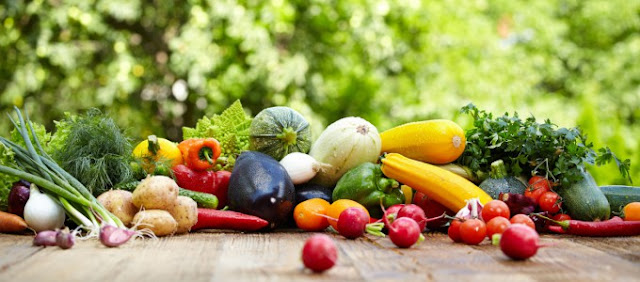ways to find out organic food

Appearance If it is naturally and organically grown, no two items will look identical... ever! It's just not possible to find two things that look absolutely alike in nature. No two leaves of the same mango tree will ever look 100% alike. Similarly, each apple, mango or even grain will always look different from another. Their colour, shape, structure will never be uniform. There will, for instance, be different shades of yellow in your moong dal instead of the uniformly bleached yellow of the regular packaged dal. Size Up Fruits, vegetables and grains won't be huge in size. So while it is okay to go "ooh aah!" over huge potatoes, tomatoes, cabbages, eggplants, cauliflower, capsicum and the humble lauki , or bottle gourd, it is better not to transfer them to your plate. There are, of course, special cases in which people do grow large-sized fruits and vegetables organically as well, but they are not the norm and are difficult to find. Your ...








